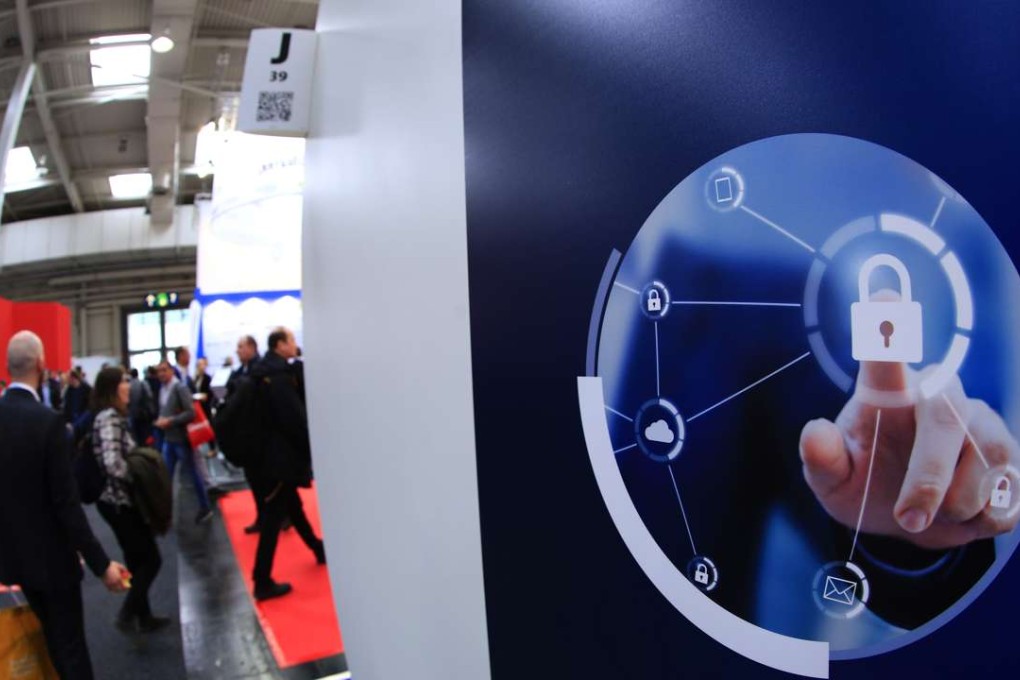Asia’s online retailers urged to beef up measures to safeguard customer data

Online merchants in the Asia-Pacific’s e-commerce market are being urged to shore up their protection of consumer data amid a rising tide of cyberattacks.
Transactions being made on various online retail platforms across the region need to be safeguarded from increased attacks used for identity theft, as well as for validating and augmenting credentials of stolen identity to perpetrate even more online fraud, according to cybersecurity experts.
“Small retailers can get compromised very easily, as sometimes even the user names and passwords [of their customers] are not encrypted,” said Bryce Boland, the Asia-Pacific chief technology officer at US cybersecurity company FireEye.
These retailers would be not aware that they had been breached, as cybercriminals tend to leave little evidence behind, Boland said. So the breach may only be discovered after the stolen data is used against the retailer in a fraudulent transaction, tarnishing the reputation of the business.
“Many merchants’ focus is often not on security, it’s on how they can maximise their return on investment, their margins,” he said. “But as fraud levels go up, so do credit card transaction processing fees which can eat into the margins of retailers.”
